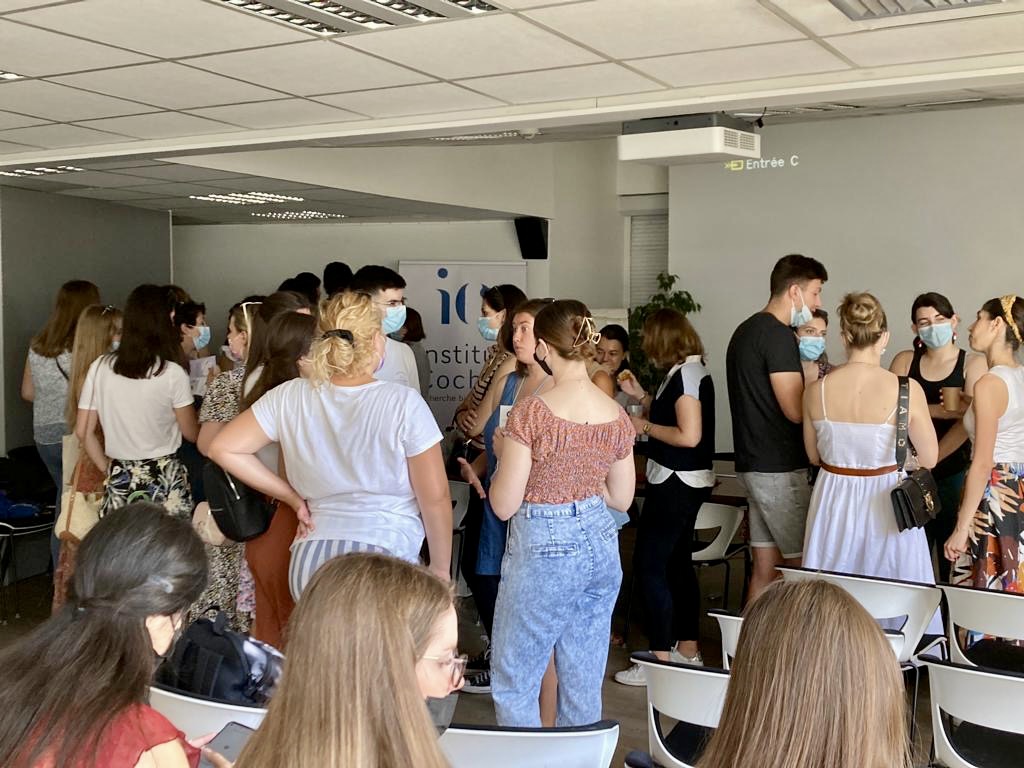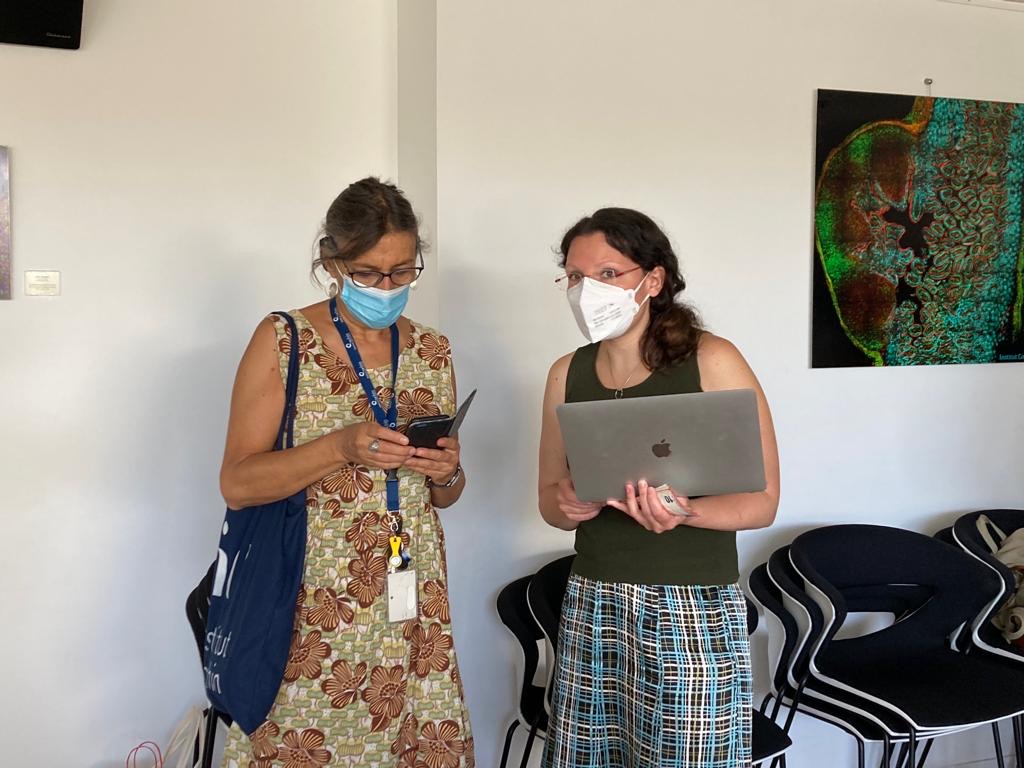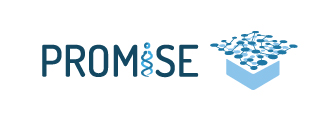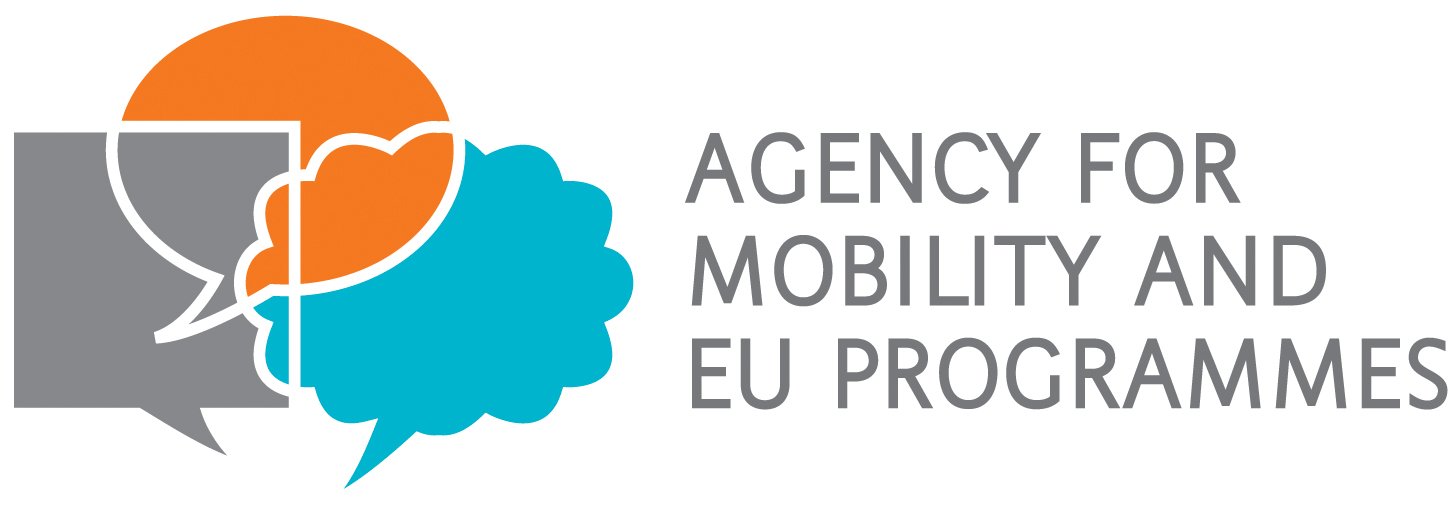Tamara Milosevic led the first Learning expedition of students. The expedition took place in Paris from July 11th to 15th 2022, where students of each partner university had a chance to meet each other. The first day was dedicated to the team building and introductory activities, and students were placed in teams depending on their interest in subjects relevant to the mapping of the P4 medicine ecosystem in Europe (IO3) and outreach activities through the P4 medicine awareness survey.
The main objective of this learning activity was to increase the cohesion of the PROMISE students, and to teach them the basic teamwork and collaboration skills. We also wanted the students to learn how to talk to different stakeholders, and how to translate face-to-face interactions into meaningful data that can be fed into a database.
Students from Croatia and Spain used the already existing database elements prepared by the first generation of students in 2021 and curated and updated the database. The students also met with local stakeholders and interacted with them during presentations as well as informal gatherings.
The students visited and met the ollowing stakeholders:
• Learning Planet Institute (formerly Center for Research and Interdisciplinarity)
• Foundation IGEM
• Molecular Diversity of Microbes INSERM lab
• Multitude of research groups and platforms of Institut Cochin
• FIRENDO rare disease network
• Biomedical department, University Paris Cité
After this training, the students went back to their home country and continued the analysis and mapping of their local ecosystem, under the guidance of the local partners. They also continued to disseminate the information about the survey and some of them will continue to collaborate with us on maintaining the survey on a yearly basis, followed by data analysis and opinion articles on how the P4 medicine awareness is evolving across Europe.
As a result of this training, 36 students acquired diverse skills such as how to identify stakeholders, talk to different stakeholders in both formal and informal situations, extract data and input the data into the database of the P4 medicine stakeholders, simplify and translate surveys intended for a wider audience, communicate about the survey using social media.






